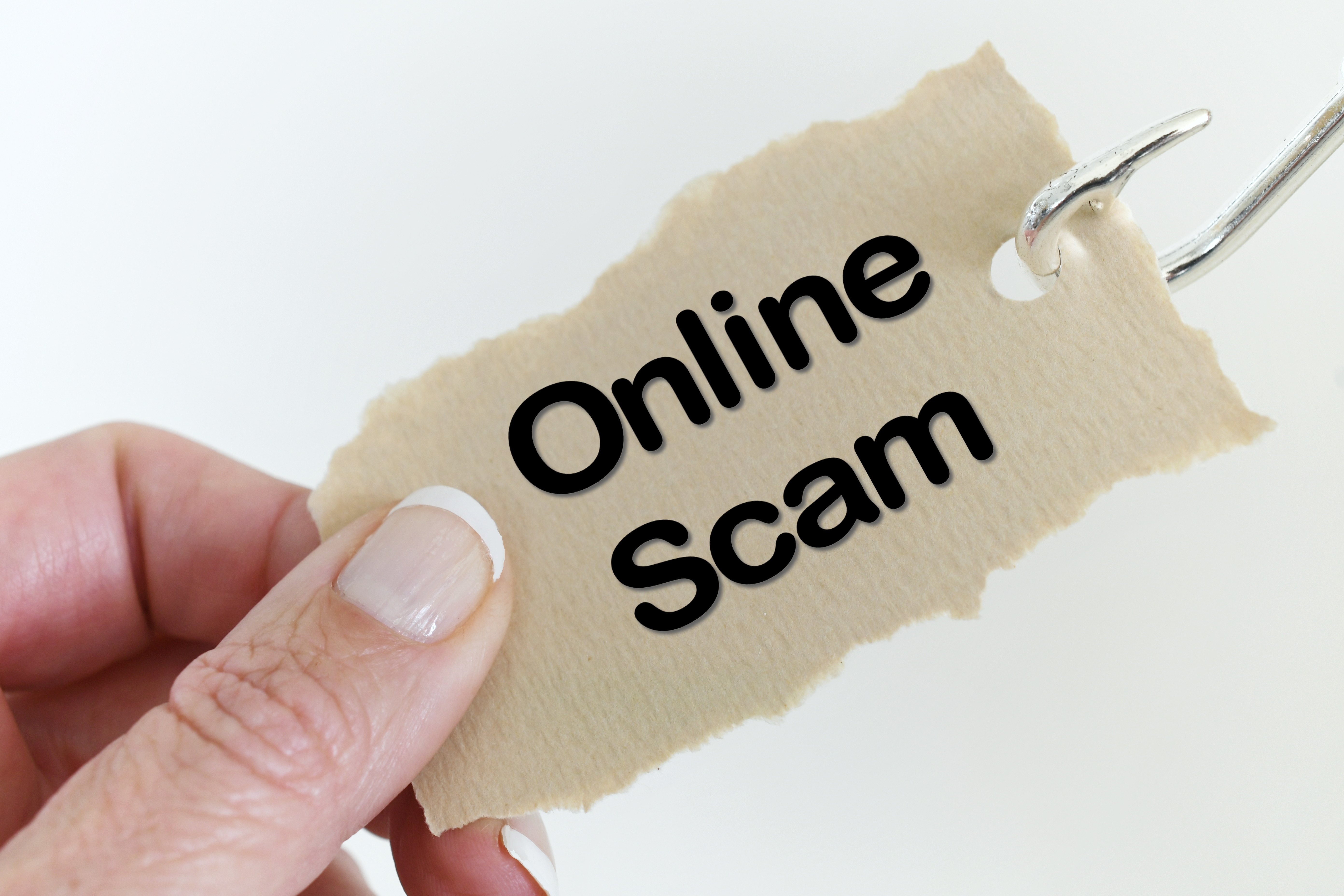Facebook Popularity
Facebook remains one of the most popular social media platforms globally due to its broad appeal and large user base. Its popularity can be attributed to several factors. Firstly, Facebook's user-friendly interface and intuitive features make it accessible to people of all ages and technological backgrounds. Secondly, Facebook has a range of features, including status updates, photo sharing, events, groups, and messaging. This social media allows users to stay connected with friends, family, and acquaintances worldwide.

Facebook scams
However, despite all of the above-listed preferences, it may be dangerous to use this social media. Facebook scams are deceptive schemes existing on the platform to trick users into providing personal information, money, or access to their accounts. These scams often take various forms, such as phishing messages, fake promotions, and fraudulent investment opportunities, among others. Common tactics include impersonating reputable organizations or individuals, creating fake profiles or pages, and leveraging social engineering techniques to exploit users' trust and curiosity.

**Top 10 Facebook scams **
There are plenty of Facebook scams, and every day consumers find new ones to appear. Here we’ve selected the top 10 most common scams on this social media.
- Fake job offers
Scammers offer too good to be true job offers - starting with perfect working conditions to extremely high salaries. To spot this kind of scam, read the description of this job offer carefully, do not pay any fees (because legitimate employers won’t ask for any processing fees), and pay close attention if you’re being forced to give consent for this job ASAP.
- Link scams
Each of us has probably received strange messages from our Facebook friends with links offering you to click and check something. These may be messages like “Look, is this you in this video or photo?” Remember, never click suspicious links because they almost always bring malware to your computer or gadget.
- Marketplace scams
Facebook Marketplace is not necessarily considered to be safe. Unfortunately, there are enough scammers. That's why it’s important to keep an eye on and beware of unexpectedly perfect deals offered. Here, you may find more information about Facebook Marketplace scams and protect yourself.
- Romantic scams
These scams occur quite often as well. You’re just getting messages from a person who likes you, and getting acquainted better, you may be asked to help this person financially. This is a common type of romance scam on Facebook.
- Quiz scams
Quizzes can be pretty intriguing, prompting Facebook users to participate. However, they may impose certain risks. Unfortunately, quiz scammers intend to steal your private information. It’s important to check carefully what organization or company created the quiz and always avoid answering any security questions. If you understand that the quiz or survey seems suspicious, it’s better to skip it.

- Emails from Facebook support
Scammers like to use this kind of fraud. We at PissedConsumer also have received several phishing emails from so-called “Facebook support”, informing us about issues with our account. Be very careful with this kind of fraud, thoroughly check the sender’s email address, and do not click on suspicious links. Otherwise, scammers may have the opportunity to gain access to your account.
- Crypto scams
Cryptocurrency is extremely popular, and you may have seen plenty of offers about earning big money in crypto everywhere. It’s important to carefully check the information and avoid investing in unreal crypto exchanges. Keep in mind that any crypto cannot be guaranteed to be profitable.
- Online shopping scams
Shopping scams are common on Facebook. These are ads for extremely low-cost shopping stores with plenty of attractive perks for shoppers. It may be challenging to check if the site is true or fake, but anyway, very low-priced or even free products offered should be suspicious.
- GoFundMe scams
GoFundMe campaigns in general are a very useful thing allowing people to raise funds for different events, as well as for urgent medical needs. However, these campaigns may often be fake on Facebook. Before you send your hard-earned money to fraudsters, do some research and check the campaign to ensure who the organizer is, if their website is legit, etc.
- Accounts asking for two-factor authentication
Facebook users may get messages from their friends (whose accounts may be compromised) about assistance with two-factor authentication. Remember that two-factor authentication is provided only to your account, and you should not transfer this information to any other person to keep your account safe.
Facebook users should exercise caution and skepticism when encountering suspicious messages, links, or offers to avoid falling victim to scams. Staying informed about the latest scam tactics, securing account settings and privacy controls, and reporting suspicious activity to Facebook are essential steps to protect yourself from falling prey to Facebook scams.
well i think that if anyone falls victim to these sorts of things it is tragic but also kind of silly on their part to get involved in the first place. I am reminded of how 15 years ago or so almost every website said that I won a free Ipad because i was the 1 millionth visitor to the site or something crazy like that. I wonder how many people actually thought they had won something.